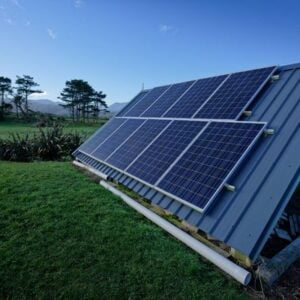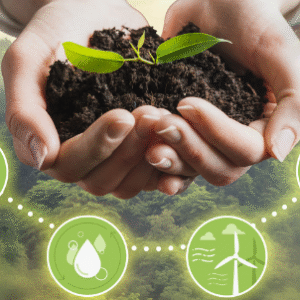The World Bank Board of Directors has approved a new operation to support the green hydrogen strategy of the Companhia de Desenvolvimento do Complexo Industrial e Portuário do Pecém (CIPP) and the Government of Ceará, Brazil. This initiative focuses on enabling clean hydrogen production within the Pecém Industrial and Port Complex, positioning Ceará as a leader in the global clean energy transition. It also aims to promote job creation, social inclusion, and climate resilience over the long term.
Located in Northeastern Brazil, CIPP serves as a major industrial and logistics hub and has become a focal point for Brazil’s emerging hydrogen sector. The state and federal governments back the complex’s transformation into a green hydrogen hub. The World Bank-funded project will finance essential infrastructure to attract private investments in the production of green hydrogen and its derivatives. Drawing on international best practices, including lessons from similar World Bank projects in Chile and India, the initiative supports Brazil’s broader clean energy and decarbonization efforts.
By reducing carbon emissions and supporting climate goals, the project is expected to foster economic opportunities for stakeholders across the energy value chain. This includes private investors, industrial players, and local communities. Through enhanced infrastructure and green industry development, it contributes to job creation and sustainable economic growth in a region that has historically faced economic challenges.
The project aligns closely with Brazil’s national climate agenda, supporting objectives outlined in the updated Nationally Determined Contribution (NDC), the National Hydrogen Program, and the New Brazil Industry Policy. It also reinforces Ceará’s state-level green development plan (“Plano Verde”), by leveraging the state’s renewable energy capacity and strategic industrial infrastructure. Despite being one of Brazil’s less economically developed states, Ceará is emerging as a key player in the clean energy space, particularly in sectors such as industry and transport that are difficult to decarbonize.
The World Bank’s support is delivered through an Investment Project Financing (IPF) instrument, with total funding of US$134 million. This includes a US$90 million loan from the International Bank for Reconstruction and Development (IBRD), a US$9 million grant from the IBRD Surplus-Funded Livable Planet Fund, a US$33.5 million loan from the Climate Investment Funds (CIF) under the Renewable Energy Integration (REI) Program, and a US$1.5 million CIF REI grant. This financing will facilitate policy reforms and infrastructure development critical to Ceará’s clean hydrogen industry and Brazil’s sustainable future.






